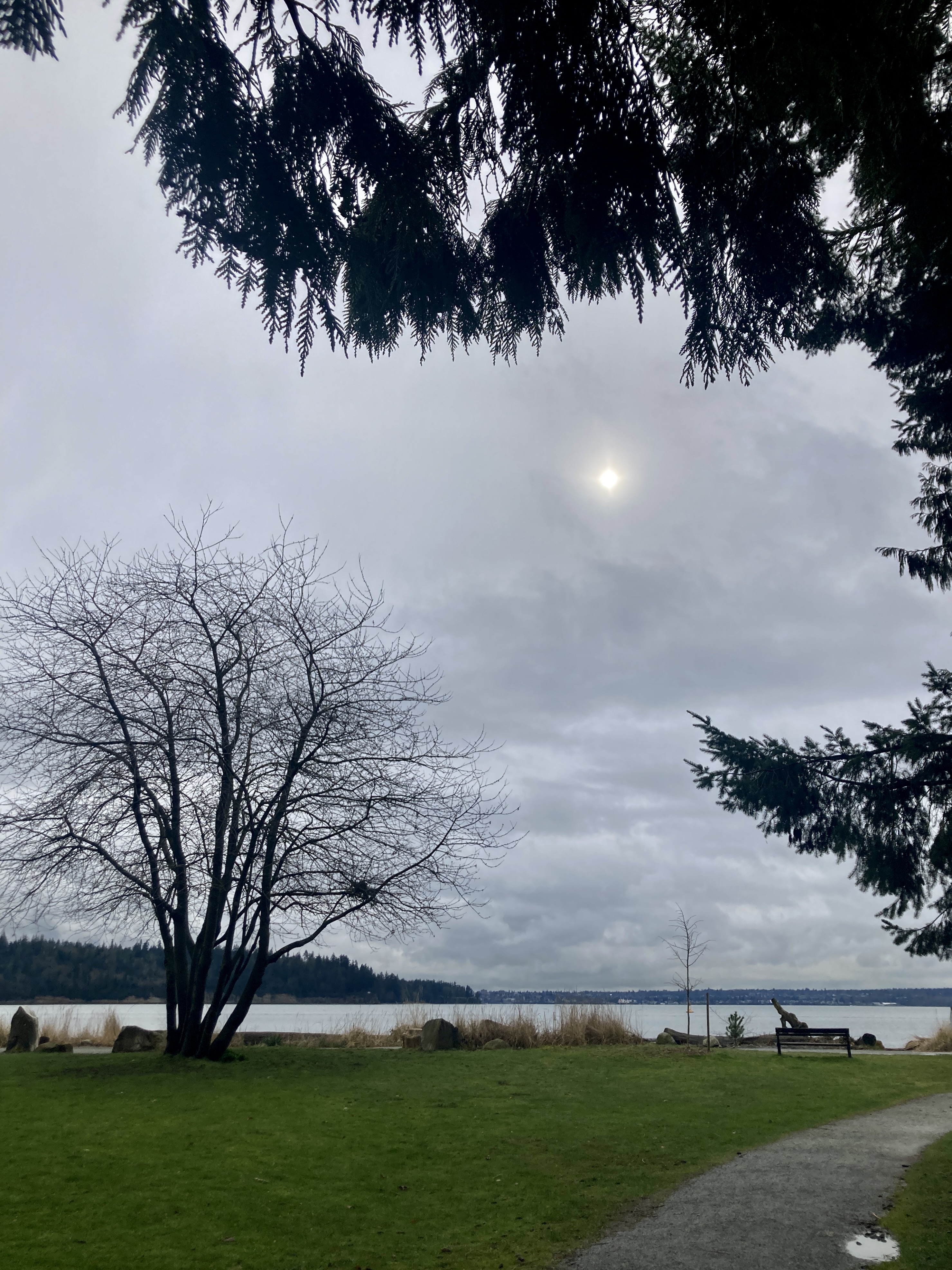Once I was settled in this very nice, simple hotel which turns out to be in a very good location, walking distance to almost everything, I set out in the sun, headed for Under den Linden, the wide avenue, to the Brandenburg Gate - and everywhere, echoes of the Nazi past, didn't hundreds of thousands stand here screaming for Hitler? The Reichstag nearby, the seat of government, didn't he speak from the steps? This lively, sophisticated city is haunted.
And then I went a few blocks more to see the true haunting - the Holocaust memorial. The city finally appropriated a very large chunk of space and has made a powerful sculptural tribute to the six million dead. It's a series of more than two thousand concrete slabs, all irregular, lined in rows. Children were playing, running about merrily through the labyrinthine lanes, jumping from one to the other. Others were just walking silently back and forth through the rows. I sat near a young man explaining the memorial to a group of American highschool students. The slabs are all irregular and tilted, perhaps like headstones in a Jewish cemetary, he said, or like people standing in rows in the concentration camps, as they had to for hours a day. How did it make you feel to be inside there? Lonely, answered one. Yes, lonely, he said. The stones are all different, and yet they are all the same.
It's moving, and at the same time - rather cold. This, rightly or wrongly, is what I associate with Germany, even now. And - cliche though it is - some of my best friends, growing up, were the German family who gave us our dachshund puppy. The father had been in the Luftwaffe and had bombed near where my Jewish father was stationed with his U.S. Army unit. The two men became close friends. The past is the past. Just as long as we don't forget.
There's a museum underground, that makes sure we don't forget. I went through in tears, of course. One million Soviet Jews were killed by the end of the war, some of them my relatives. They trace a few specific families, to show what happened to them, and a man called Mordechai Kaplan was sent from Minsk, where my grandfather's family came from, to Auschwitz. The pictures, the narratives are unbearable.
Enough. I emerged into the sunshine and got onto the nearest tourist bus, just to get some air and see the city. Nearly froze on the top of the double-decker, but did get a sense of the vastness of this complicated city, how new most of the architecture is, because what wasn't destroyed by the war was destroyed by the wall. Now, all unified under a woman president. A fascinating place with a terrible past that they have looked at, straight on. They have acknowledged the horror that began here.












No comments:
Post a Comment